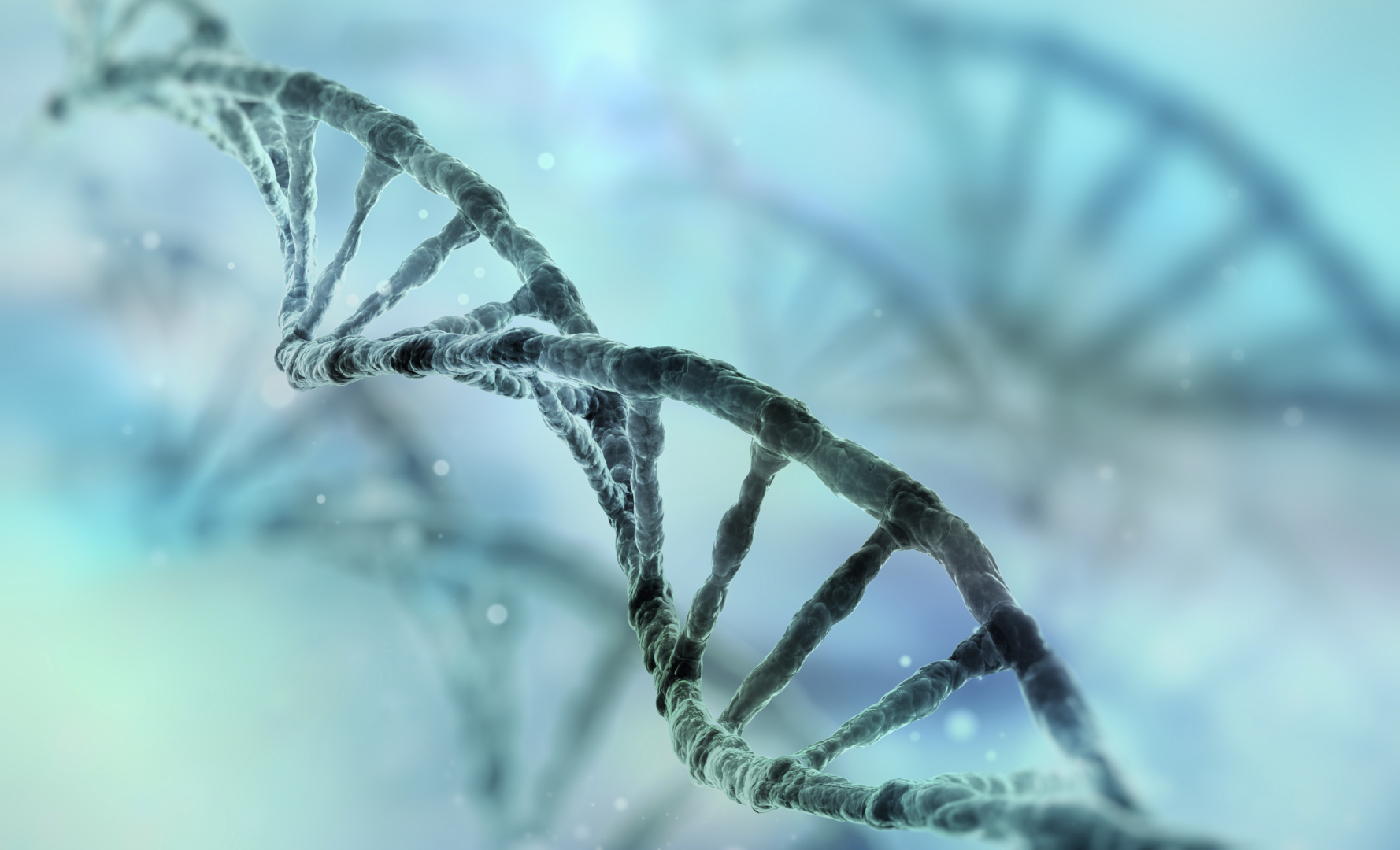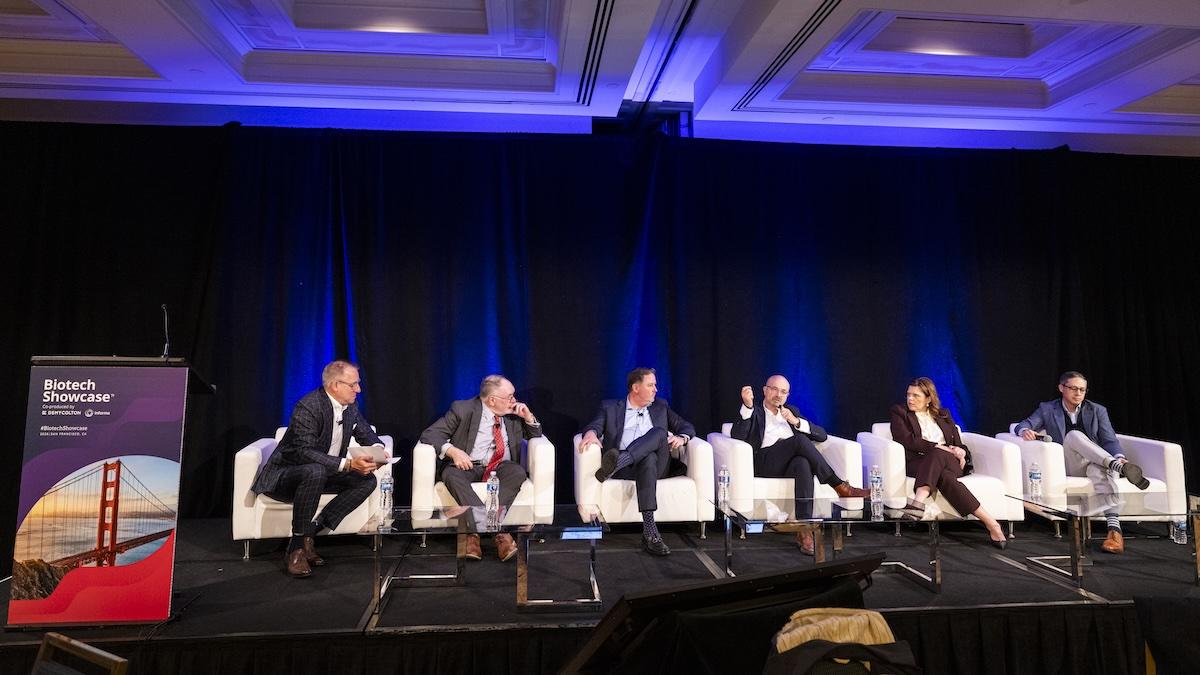China to begin first in-human CRISPR trial next month

The CRISPR-led gene-editing revolution is set to begin next month in its first ever trial in humans.
The small phase 1 trial, to take place in China, will be investigating the method’s safety and tolerability in patients with non-small cell lung cancer (NSCLC) whose disease has progressed after previous standard treatment.
The CRISPR-Cas9 platform will be used to delete the PD-1 gene in T cells extracted from trial participant’s blood.
In healthy cells, an activated PD-1 gene results in the production of the PD-1 protein which acts as an immune-modulator, effectively preventing immune cells killing them.
The same mechanism has been identified as a potential survival pathway for cancer cells as it exploits the production of PD-1 protein.
The modified T cells will be multiplied in a lab before being re-introduced into the blood of each trial participant.
The PD-1 checkpoint pathway has attracted attention from various pharmaceutical companies all trying to harness its potential as a treatment target. Bristol-Myers Squibb’s Opdivo and Merck’s Keytruda are the two big candidates targeting the PD-1 signalling pathway with Roche’s Tecentriq recently joining the fray.
In the instance of PD-1 signalling, CRISPR may represent a more lasting means of targeting the pathway than current PD-1–targeted drugs as the technology directly knocks-out the gene responsible for the pathway as a whole, rather than interfering with the proteins involved in it.
Alongside the excitement of what are referred to as ‘checkpoint inhibitor’ drugs, CRISPR technology has drawn attention from big pharma also. AstraZeneca, Bayer and Novartis have all invested in the technology.
The number of indications CRISPR is being used to address is also growing, with ventures attempting to harness the technology to produce antiviral therapies and drugs for genetic diseases as well as identifying gene regulatory mechanisms.
The move in China signals a faster than expected move to trials in humans, but the safety of the procedure is the focus of the first trial.
The research is led by Lu You, an oncologist at the south-western Sichuan University West China Hospital. Lu says the biggest potential safety issue is an overactivation of immune cells, which could see them attacking not just cancer cells but also healthy cells, creating a dangerous autoimmune response, a so-called cytokine storm . Another potential problem could be unwanted mutations occurring at sites other than the intended gene.











